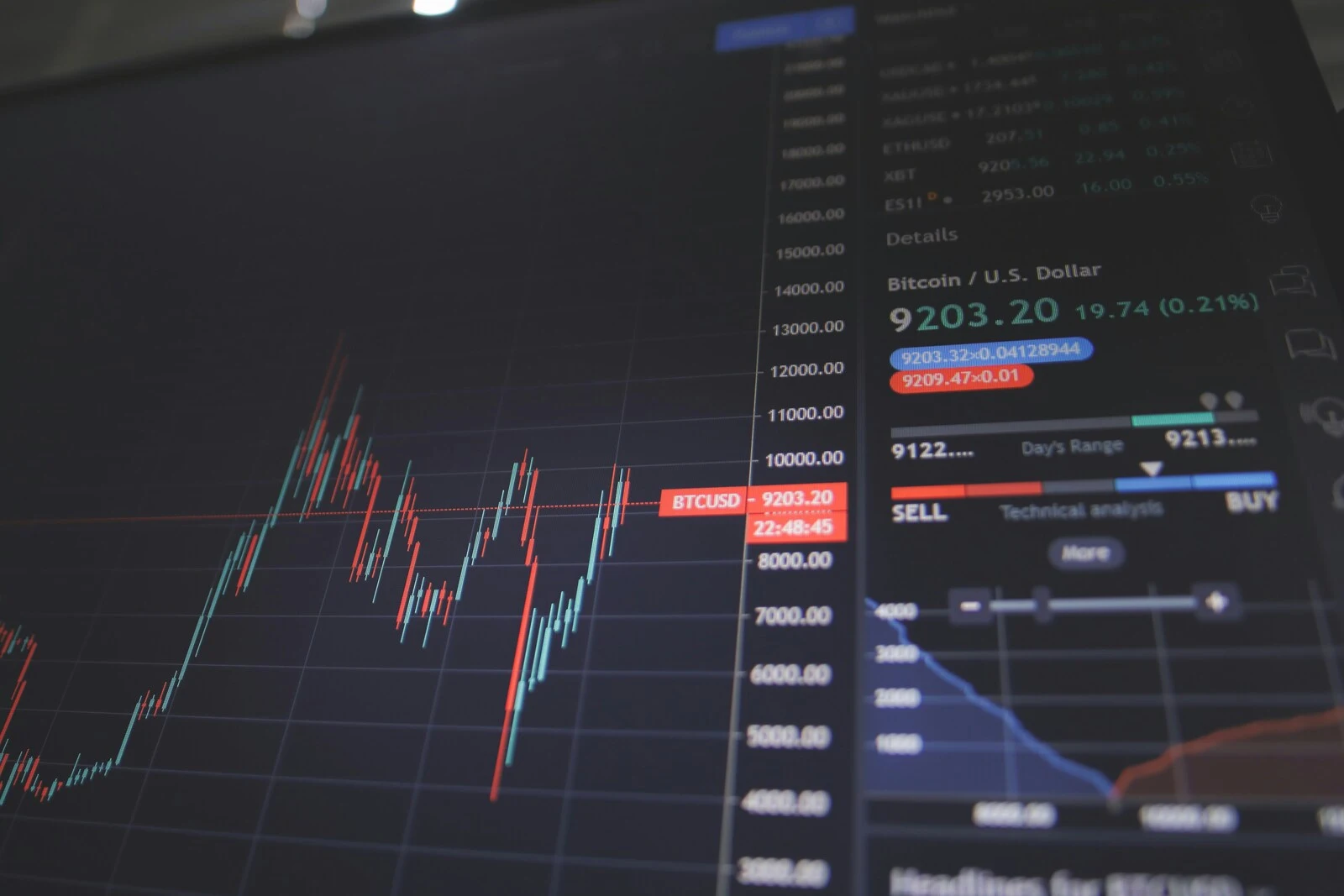The Evolution of Online Trading Platforms: From Desktop to Mobile

Technological advancements have continuously reshaped the trading field. One such evolution that has significantly impacted the industry is the transition from desktop-based investment platforms to mobile applications. This shift has not only revolutionized how traders engage with the market but has also democratized access to financial markets, making investment more accessible to a wider audience.
Desktop Trading Platforms: The Early Days
Before the advent of mobile trading apps, desktop-based investment platforms were the primary tools for accessing financial markets. These systems included many features, such as real-time quotations, charting tools, and order execution capabilities, and were typically employed using PCs or laptops. However, they were often cumbersome and required traders to be tied to their desks to monitor market movements and execute trades.
The introduction of binary options trading further transformed the landscape, offering traders a simplified way to speculate on financial markets. Desktop-based solutions provided them with a user-friendly interface to trade currencies, commodities, stocks, and indices. They played a crucial role in popularizing digital options investment among retail traders. You can also unlock the secrets to successful binary trading by using educational materials from trusted portals.
The Rise of Mobile Trading Apps
The emergence of smartphones and tablets marked a significant turning point in the evolution of trading platforms. As mobile technology became more advanced and widespread, traders began to demand the flexibility to invest on the go. In response, brokers started developing mobile investing apps that allowed dealers to access the markets from their smartphones or tablets, regardless of their location.
As one of the prominent traders, Percival Knight admits, “They brought unprecedented convenience to traders, enabling them to monitor market movements, execute trades, and manage their portfolios from the palm of their hands. This strategic move was successful and proved to be increasingly effective.”
Advantages of Mobile Trading
Mobile investment applications have revolutionized the way traders engage with the financial markets, offering numerous advantages over traditional desktop-based platforms. Here are some key benefits:
Flexibility
- Trade anytime, anywhere: Mobile trading provides investors with the flexibility to access the markets from their smartphones or tablets, allowing them to capitalize on market opportunities even when they are on the go.
- No need to be tied to a desk: With smartphone apps, traders are no longer confined to their desks. They can invest from the comfort of their homes, while commuting, or even while traveling.
Accessibility
- Democratized trading: The accessibility of mobile dealing has democratized access to the financial markets, empowering a new generation of investors who may not have had access to traditional desktop-based platforms.
- Inclusion of beginners: Smartphone applications often feature intuitive interfaces and user-friendly navigation, making investment more accessible to beginners who may be intimidated by complex desktop platforms.
Convenience
- Catering to modern traders: Mobile trading apps cater to the needs of modern investors who value convenience and efficiency. They offer a seamless experience with features such as real-time quotes, interactive charts, and instant order execution.
- Efficiency: Investment through mobile devices streamlines the process, allowing traders to execute deals quickly and efficiently. This increased efficiency translates into better opportunities to capitalize on market movements.
Enhanced User Experience
- Leveraging smartphone capabilities: Mobile trading apps leverage the capabilities of smartphones, such as touch screens and biometric authentication, to enhance security and the user experience. Features like fingerprint or facial recognition add an extra layer of security, ensuring that trades are executed only by authorized individuals.
Real-Time Updates
- Staying informed: Mobile trading apps provide real-time updates on market movements, news, and price alerts, keeping traders informed about developments in the financial markets.
- Push notifications: Investors can receive push notifications and alerts directly to their mobile devices, ensuring they never miss out on dealing opportunities.
The Future of Binary Options Trading Platforms
As technology continues to evolve, the future of binary options trading platforms looks promising. With advancements in artificial intelligence, machine learning, and blockchain technology, we can expect to see even more innovative features and functionalities being integrated into investment applications.
For example, AI-powered trading assistants could help traders analyze market data and make more informed investment decisions. At the same time, blockchain technology could enhance transparency and security in trade execution. It has already become the basis for many innovations in trading, among which the Non-Fungible Tokens (NFTs) stand out.
Furthermore, the convergence of investment portals with other digital services, such as social media and messaging apps, could further streamline the trading process and foster a sense of community among traders. We may also see the emergence of virtual reality investing platforms that offer immersive dealing experiences, allowing dealers to visualize market data in new and interactive ways.
In conclusion, the evolution of binary options trading platforms from desktop to mobile has transformed the way investors engage with the financial markets. Mobile investment apps have democratized access to trading, providing dealers with unprecedented flexibility and convenience to achieve their investing goals.